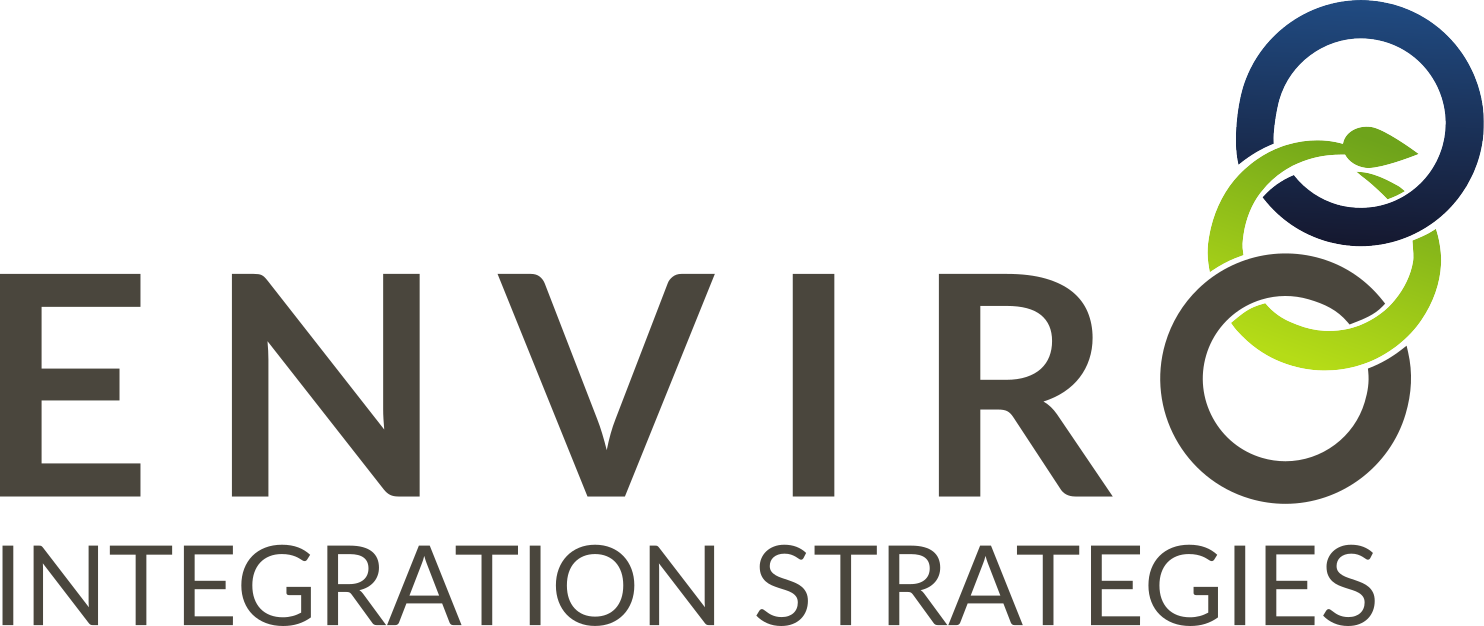I had an interesting inquiry from a project manager about the mining industry the other day. It went like this:
“Mind if I ask you something about your industry? For some reason, I see the mining / natural resources field as a lot of ‘burly guys.’ They may be a tough audience... Perhaps I am wrong. Please enlighten me."
My first response, of course, was a smile and chuckle to myself, because who hasn’t met a ‘burly guy’ in the mining sector? In fact, the term made me think of a number of 'burly guys' that I worked with throughout the years of my career in this sector.
But I had to give an appropriate response. And so I went on to explain the complexity, the extended life, the multiple stages, and all of the people that become involved with mining and natural resource developments over the years.
And then I admitted that, yes, of course you may run into some ‘burly guys’ in the sector (as there are in almost every industrial sector!) And although those ‘burly guys’ may look rough on the outside, they are a broadly diverse bunch who are generally caring, wise, experienced, and very knowledgable. Add to that the large amounts of time spent in remote, and sometimes pretty tough conditions, and they still get things done.
But let’s get on to the greater questions behind the inquiry.
How much does the general public really know about our industry? There are, unfortunately, ‘reality’ shows that purvey us as reckless people who go around destroying the environment just to make a buck.
And how many professionals, some who may be well qualified to serve our industry, would never consider it - simply because they just don’t know what they’re missing?










